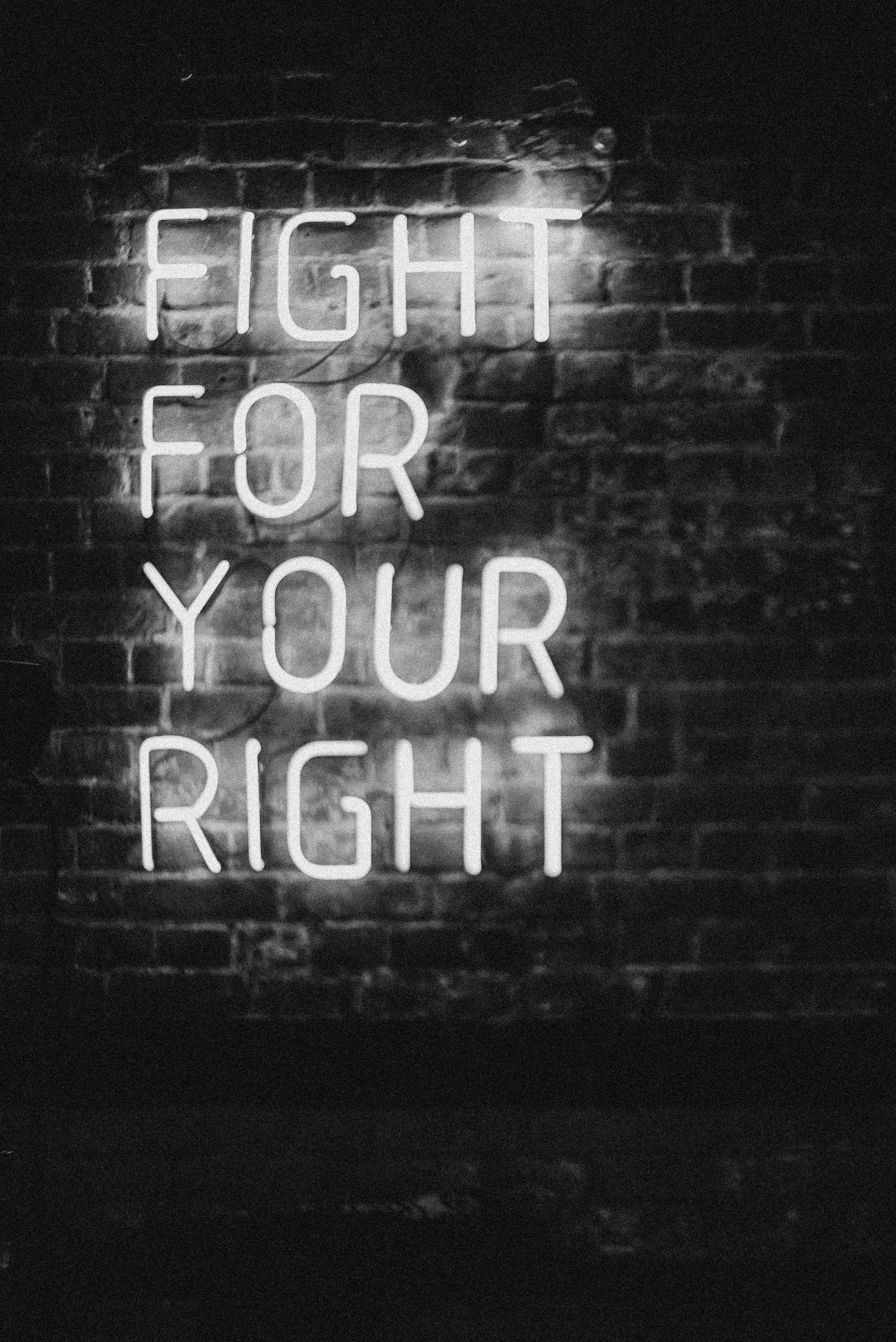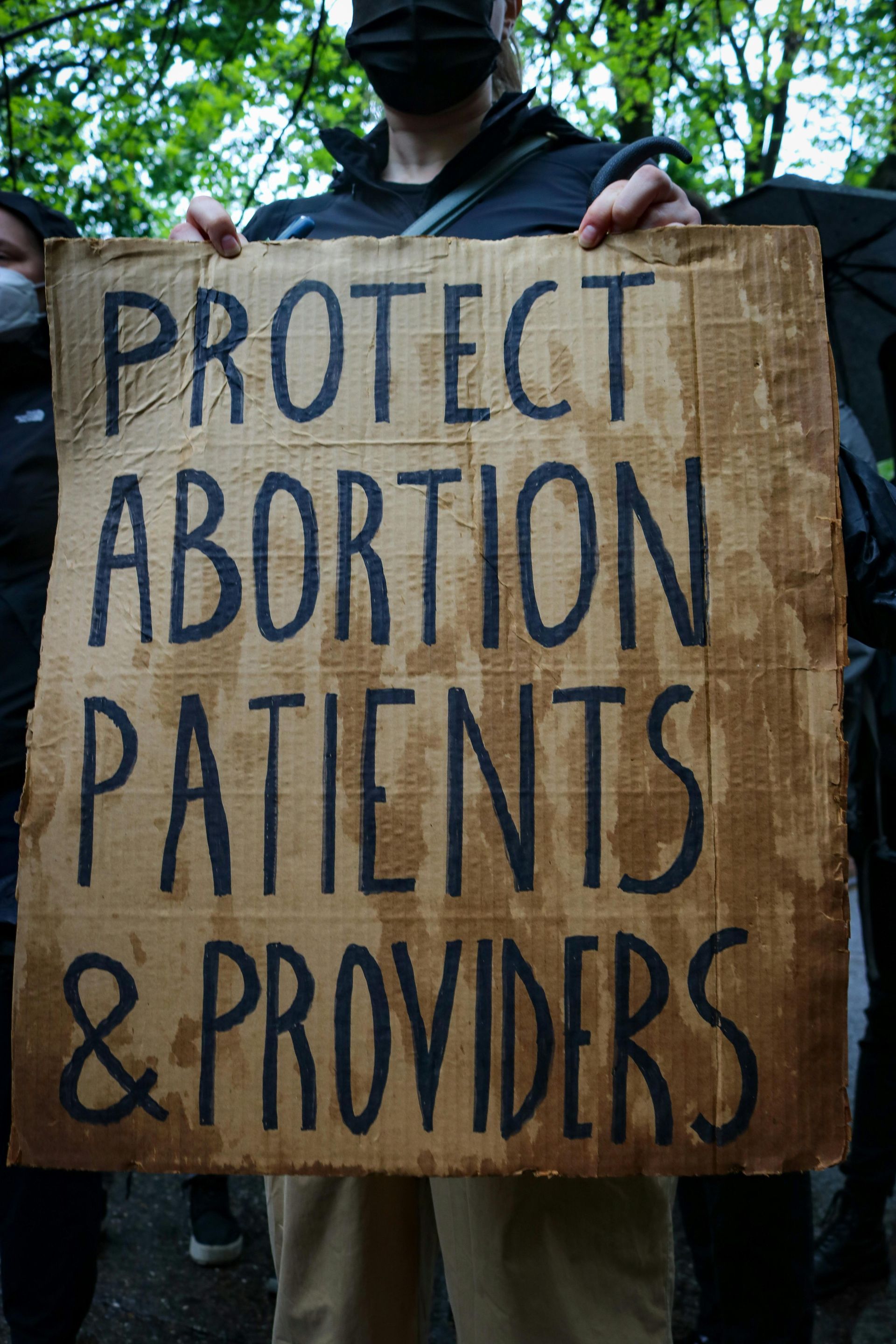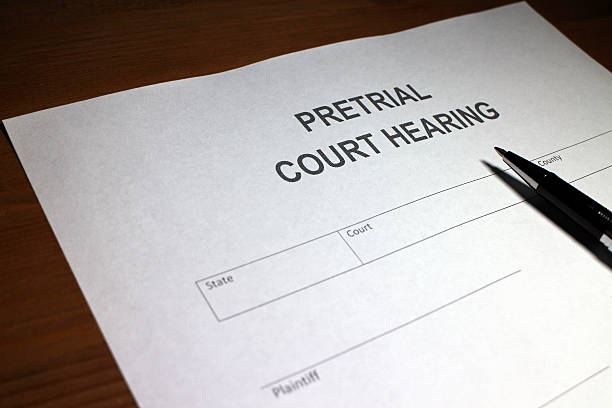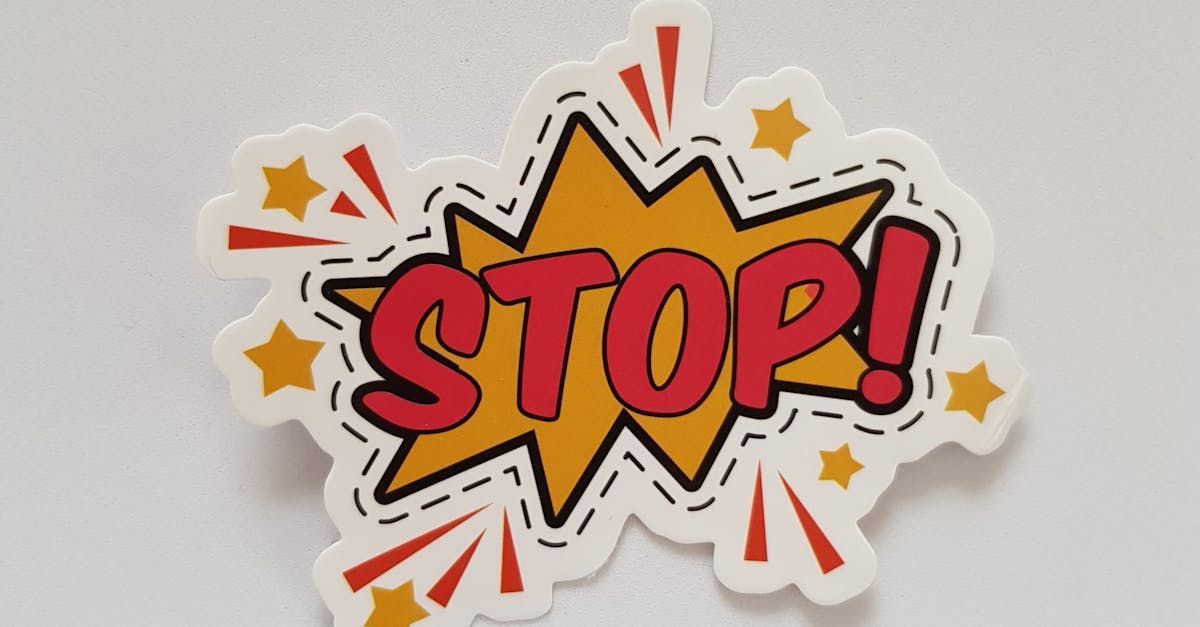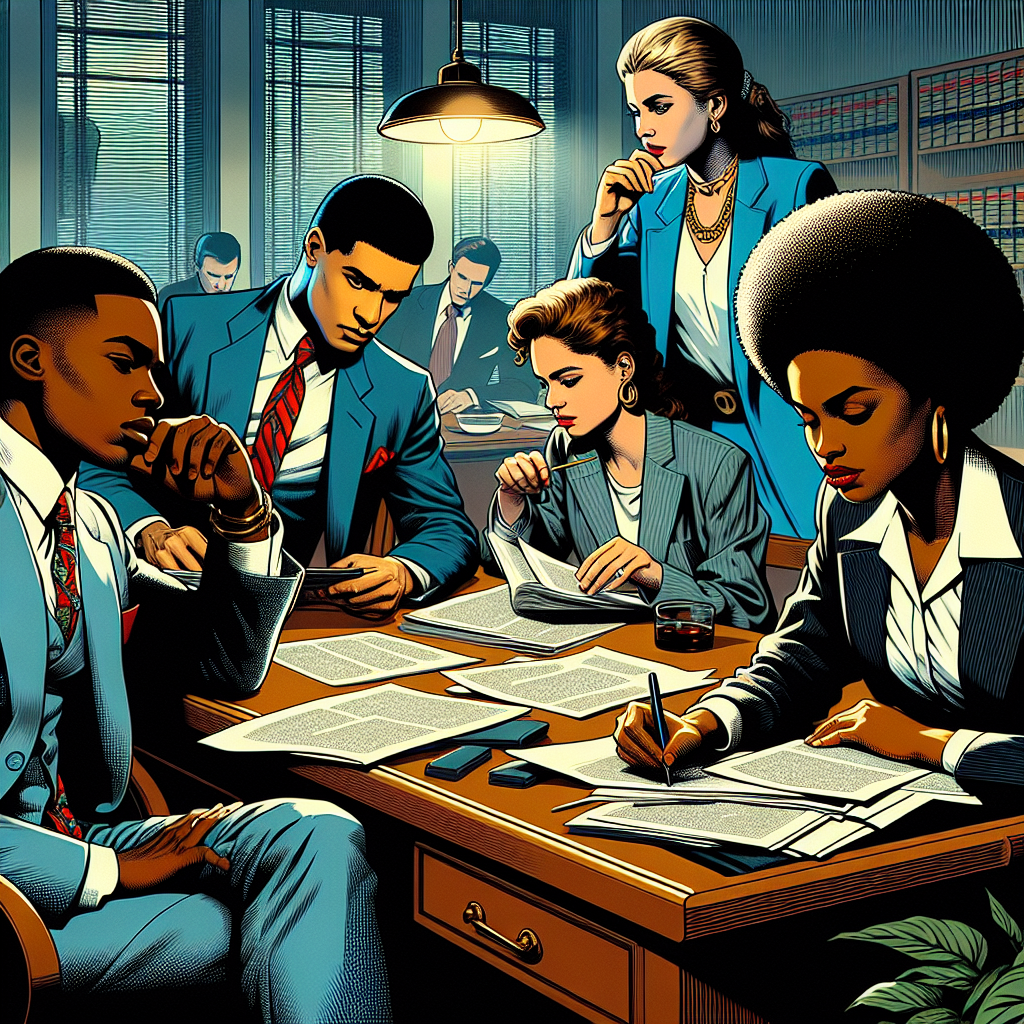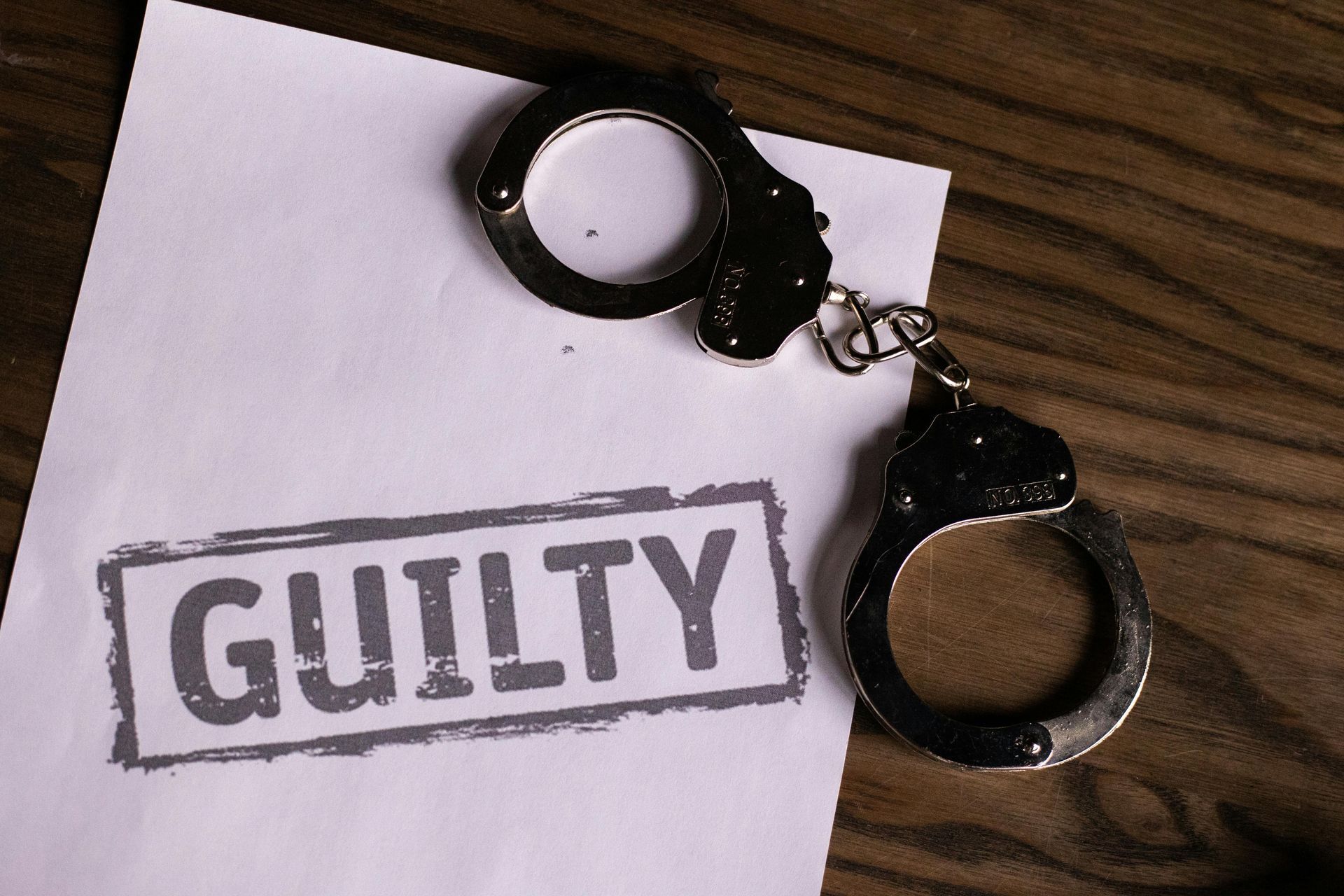What is Qualified Immunity? Should it Be Reformed?
Qualified Immunity: How Does It Work?
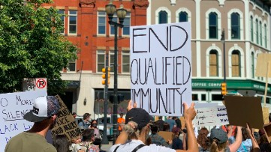
One case that highlights both the absurdity of qualified immunity and the extent to which officials may go under its protection is Black Lives Matter D.C. v. Trump, the ACLU-DC’s class-action lawsuit challenging the vicious and unprovoked attack on civil rights demonstrators in Lafayette Square on June 1, 2020.
The defendants in the case were sued under Section 1983 and Bivens, which is another type of case where officers can use qualified immunity. From the Park Police officer who beat a journalist as she was escaping the protest, all the way to former Attorney General Bill Barr, they all invoked qualified immunity to avoid liability for their misconduct.
But since Harlow v. Fitzgerald, 457 U.S. 800 (1982), the court has applied the doctrine in three distinct ways that have made it more favorable to government defendants. The latest news about government abuse can make state and local lawmakers feel powerless to act to protect their constituents. Those in power might be horrified to read about school officials strip-searching 13-year-old Savana Redding, only to have those same officials shielded from accountability by arcane legal doctrines.
Specifically, qualified immunity protects a government official from lawsuits alleging that the official violated a plaintiff's rights, only allowing suits where officials violated a “clearly established” statutory or constitutional right. When determining whether or not a right was “clearly established,” courts consider whether a hypothetical reasonable official would have known that the defendant’s conduct violated the plaintiff’s rights.
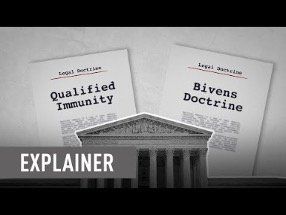
In federal courts, an avenue to sue that was opened in 1971 has been all but closed off. Qualified immunity fosters an environment where government agents, including police, may feel empowered to violate people’s rights with the knowledge they will face few consequences. This erodes relationships with the community and diminishes the system’s credibility. It’s past time to heed the protesters’ signs and end this doctrine once and for all.
In New Jersey the Supreme Court unanimously agreed to allow a wrongful arrest and imprisonment lawsuit against two Newark police officers to proceed, rejecting the city’s repeated efforts to shield the officers from liability.
Qualified immunity reform is needed to ensure that police can be held accountable after they violate the constitution. But we also need reform on the front end that prevents police brutality before it happens. An important first step is to set clear national standards that require all police departments to adhere to common-sense limitations on the use of force and best practices.
Qualified immunity is only protecting the bad cops. The fact that law enforcement defends it so vigorously should tell us something. If officers have to use force and were justified in using it, that would be completely protected under the Fourth Amendment.
However, even when law enforcement engages in misconduct, they still want to raise qualified immunity. Interestingly, in all this talk about what is and is not in the constitution, the term “qualified immunity” is not there.
The U.S. Supreme Court first introduced the qualified immunity doctrine in Pierson v. Ray 386 U.S. 547 (1967), a case litigated during the height of the civil rights movement. It was stated to have been originally introduced with the rationale of protecting law enforcement officials from frivolous lawsuits and financial liability in cases where they acted in good faith in unclear legal situations. It was supposed to protect law enforcement officers from being the target of frivolous lawsuits over civil rights violations in their official capacity.
Section 1983
Section 1983 provides an individual the right to sue state government employees and others acting "under color of state law" for civil rights violations. Section 1983, which was promulgated to protect Black people and to provide a remedy for racial violence and injustice, remains as needed as ever but has been largely nullified by qualified immunity. Another major legal criticism is that qualified immunity restricts the development of constitutional law.
Especially after the Supreme Court’s Pearson decision, as Judge Willett lamented, the consequence is that “important constitutional questions go unanswered.” This is of special concern in cases involving new technologies or practices. Qualified immunity is not immunity from having to pay money damages, but rather immunity from having to go through the costs of a trial at all.
Clearly Established Law Requirement
In the wake of the Civil War, white vigilantes roamed the South violently attacking newly freed Black Americans, and law enforcement officials were doing little to stop them and even taking part themselves. Congress wanted to give people the ability to defend their own civil rights and reasoned that federal juries would be more likely to enforce the Constitution.
But the “Supreme Court initially interpreted Section 1983 quite narrowly, and it basically laid dormant for almost 100 years,” says attorney Mark Nicholson, an adjunct professor of law at the Indiana University McKinney School of Law in Indianapolis.
Proposed federal legislation was put forward to modify or eliminate qualified immunity in 2020, but states also took action to address the legal liability of law enforcement officers for excessive force and other unlawful actions through state law.
Congressional Democrats have made multiple attempts in recent years to limit qualified immunity, though none has been successful. The George Floyd Justice In Policing Act, which passed the House, would have restricted the defense, but negotiations over a compromise bill petered out earlier.
“For years, people accepted that qualified immunity was a given because it was unlikely to change," said attorney Nicholson. New legislative activity from the states shows is that there's actually a role for states to play in reforming this doctrine. They are deciding that the harms of qualified immunity far outweigh whatever benefits the doctrine provides. While abolishing the more than 50-year-old doctrine remains one of the main sticking points between Republicans and Democrats over any deal on passing the George Floyd Justice in Policing Act, a look at reform efforts around the country shows that several states have forged ahead with eliminating the protection.
Qualified Immunity Should be Modified
At the very least, the doctrine should be modified to make clear that a case with identical facts is not necessary to hold officers liable for their misconduct. Successful plaintiffs are entitled to reasonable attorney fees and the jurisdiction employing the officer is required to indemnify its employee unless it determines the officer acted without a good faith and reasonable belief that his or her actions were lawful. Qualified immunity applies to all government workers, whether local, state, or federal.
Ending Qualified Immunity Creates Unity in the Community
It is no longer blindly accepted that the need to shield police officers from financial burden is more important than the need to hold them accountable and protect the rule of law. In fact, officers are virtually never at risk of monetary liability and have contributed to payments in less than one-half of 1 percent of civil rights damages actions.
Qualified immunity means that government officials cannot be held accountable for violating the Constitution unless they violate a “clearly established” constitutional rule. In practice, that means that government officials can only be held liable if a federal court of appeals or the U.S. Supreme Court has already held that someone violated the Constitution by engaging in precisely the same conduct under precisely the same circumstances. In other words, they would have to violate clearly established law. Ending qualified immunity means that law enforcement officers who break the law can be held personally accountable, and victims of police misconduct can receive justice.
Poll: 63% Of Americans Favor Eliminating Qualified Immunity For Police
According to research, 63% of Americans want qualified immunity to end.
Indiana Police Brutality Lawyer
If you have been a victim of police brutality, please contact an Indianapolis attorney at the Law Office of Mark Nicholson
Contact Us
Law Office of Mark Nicholson
Email: mark@marknicholsonlaw.com
Phone: 317-667-0718
7007 Graham Rd.
Suite 102-A, Indianapolis, United States 46220

